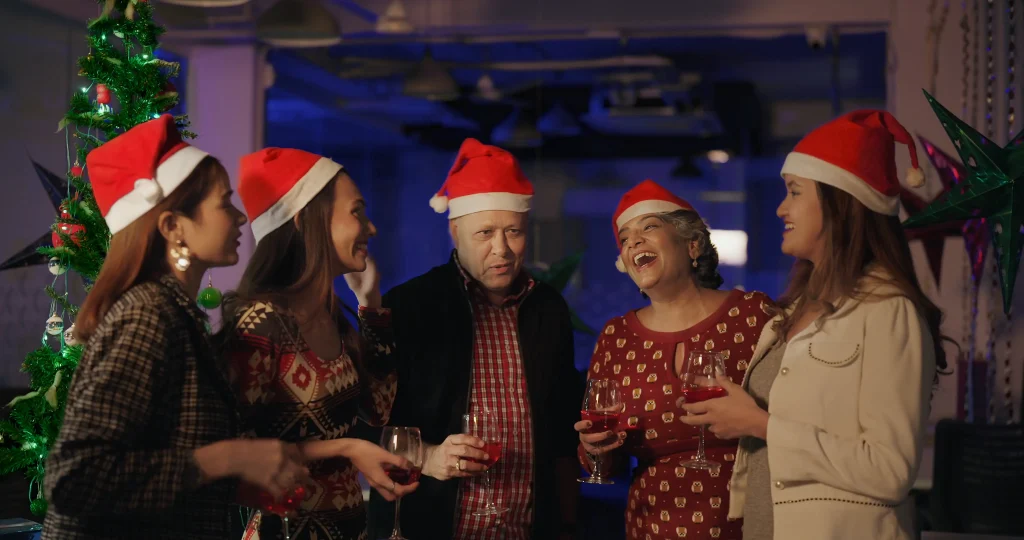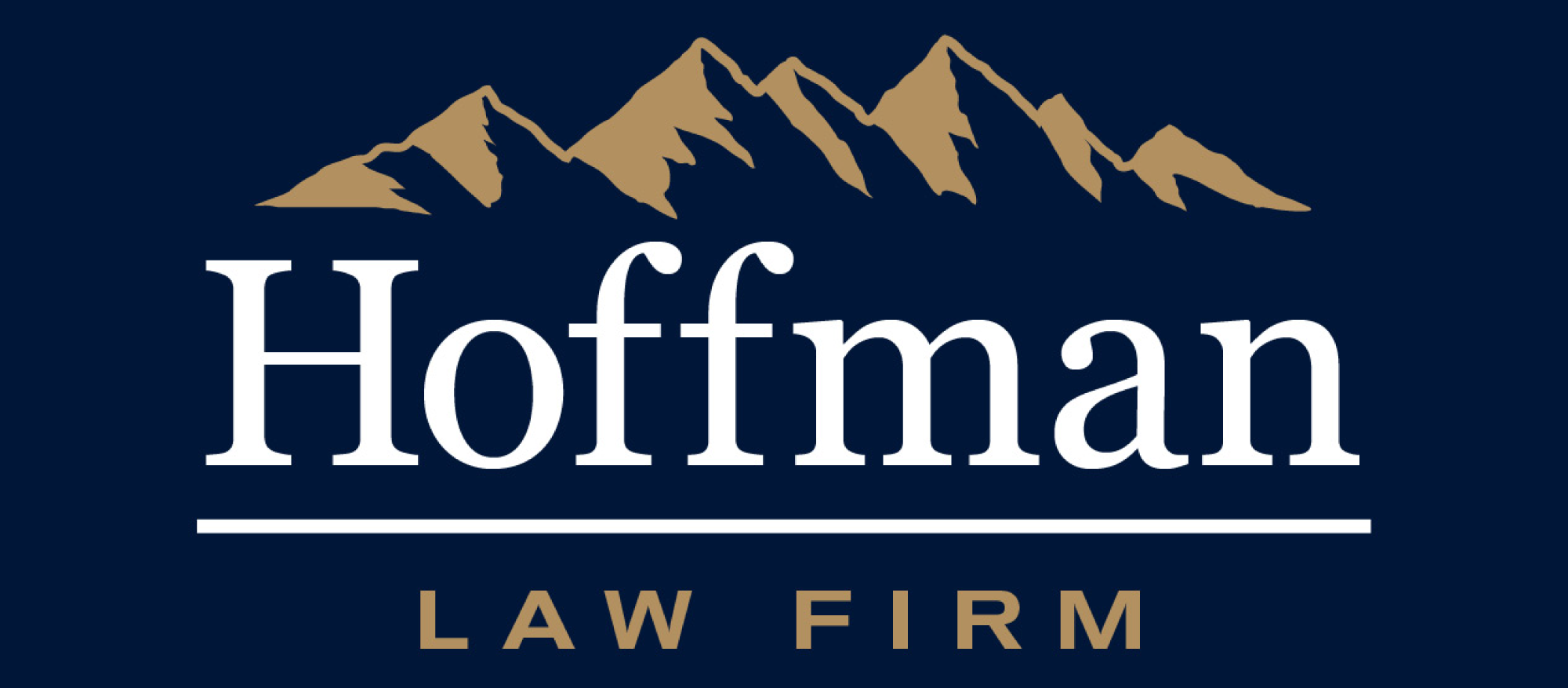Serving Alcohol at a Holiday Party – Know Your Liability as a Social Host

As the holiday season approaches, festive gatherings and celebrations become the highlight for many in Colorado. Whether you’re planning a small get-together or a large party, you should understand the implications of serving alcohol, especially when minors are present. Colorado’s laws on social host liability extend beyond commercial establishments to private events, potentially holding you accountable for the actions of your guests. This guide will walk you through what you need to know about your liability when serving alcohol at holiday parties.
What is Social Host Liability?
Social host liability refers to the legal responsibilities of individuals who serve alcohol at non-commercial settings, such as private parties. In Colorado, while licensed vendors are strictly regulated under the Dram Shop Act, private hosts can also face civil liabilities under certain conditions. The key aspect here is the provision of alcohol to minors (those under the age of 21) and the consequences that follow.
Liability for Minors
In Colorado, the aspect of social host liability that carries the most significant legal risks pertains to the consumption of alcohol by minors. This component of the law is stringent because it addresses the potential harm and societal concerns associated with underage drinking. As a host, if you knowingly provide alcohol to minors or create an environment that facilitates or condones their drinking, you place yourself at risk of substantial legal liability.
Should a minor who consumed alcohol at your event subsequently be involved in an incident, such as a car accident, you as the host could be held legally accountable for the damages and injuries resulting from that minor’s impaired state. The liability extends not just to property damage or minor injuries, but also to more severe outcomes including serious injuries or fatalities that might occur due to the minor’s actions while under the influence.
For example, consider a scenario where a minor at your party consumes alcohol (and you were aware of the consumption) and, feeling emboldened, decides to drive home. If they then cause an accident, not only are the physical damages and injuries sustained in the crash a concern, but you as the host could also face legal action for providing the alcohol or the setting that contributed to the minor’s intoxication. The implications of such a case are severe and could include civil lawsuits for damages, which might lead to a large settlement or verdict depending on the severity of the incident and the specific details of the case.
This level of liability necessitates that hosts exercise extreme caution when organizing events where minors are present. It underscores the importance of vigilance in controlling access to alcohol and ensuring that all preventative measures are in place to discourage underage drinking. The consequences of failing to comply with these legal obligations are not only a matter of civil liability but also a profound moral responsibility given the potential for life-altering consequences stemming from such negligence.
Adults and Intoxication
For guests who are 21 and older, Colorado offers protections to social hosts. You are generally not liable for injuries caused by or to an intoxicated adult guest, provided they were not underage when served. These protections extend even when serving alcohol to a visibly intoxicated adult. However, this doesn’t mean that serving alcohol to visibly intoxicated adults is without risk. It’s best practice to monitor consumption and ensure that all guests have safe transportation options available.
Legal Consequences and Claims
Should an incident occur, the affected parties have one year from the date of the incident to file a civil Dram Shop lawsuit against the host. The complexities of these cases mean that proving liability involves establishing that the host knowingly served a minor or that their actions directly contributed to the damages incurred.
Economic and Non-Economic Damages
Victims of incidents involving intoxicated minors can seek both economic and non-economic damages. Economic damages might include medical expenses, lost wages, and property damage, which are typically easier to quantify. Non-economic damages cover pain, suffering, and emotional distress, which are more subjective but equally important.
How to Protect Yourself as a Host
To minimize your liability risks when hosting a holiday party in Colorado, consider the following tips:
- Strictly enforce age restrictions on alcohol consumption: Ensure that all guests consuming alcohol are of legal drinking age.
- Do not serve alcohol to visibly intoxicated guests: Keeping an eye on how much your guests consume can help prevent accidents. The signs some one is intoxicated include:
- Bloodshot eyes and flushed skin
- Slurred speech and incoherent conversation
- Poor coordination and clumsiness
- Sudden mood swings and belligerent behavior
- Provide alternatives to alcohol: Offer plenty of non-alcoholic beverages and food to reduce the focus on drinking. Cranberry juice anyone?
- Arrange transportation: Encourage the use of designated drivers or ride-sharing services like Lyft and Uber to ensure guests get home safely.
Understanding and adhering to these guidelines can help you host responsibly, ensuring your holiday festivities are memorable for all the right reasons. Should you find yourself uncertain about the specifics of social host liability or if an incident occurs, seeking the counsel of a skilled attorney is crucial. They can provide the necessary guidance to navigate the legal landscape effectively.
Stay Informed about Host Liability
Hosting a holiday party in Colorado comes with its share of responsibilities, particularly when alcohol is involved. By staying informed about social host liability and taking proactive steps to manage alcohol consumption responsibly, you can significantly reduce the risk of legal complications and ensure a safe, enjoyable environment for all your guests. Remember, the safety and well-being of your guests are paramount, and understanding your legal responsibilities is key to protecting both yourself and your guests.
If you need further assistance or have questions about hosting and liability, consider reaching out to legal experts who specialize in this area. They can provide you with tailored advice and support to ensure that your holiday celebrations are not only festive but also legally compliant.
